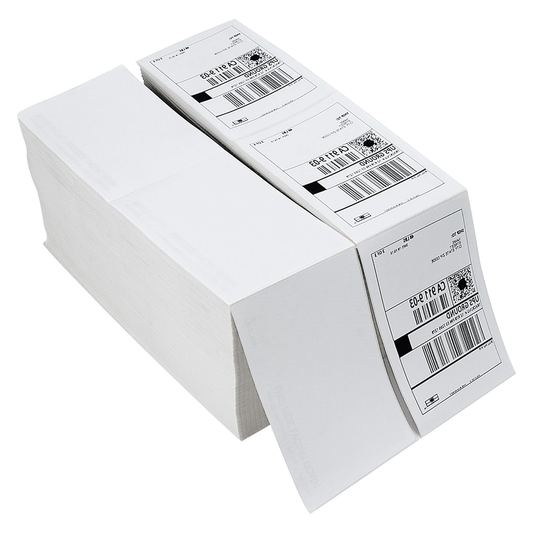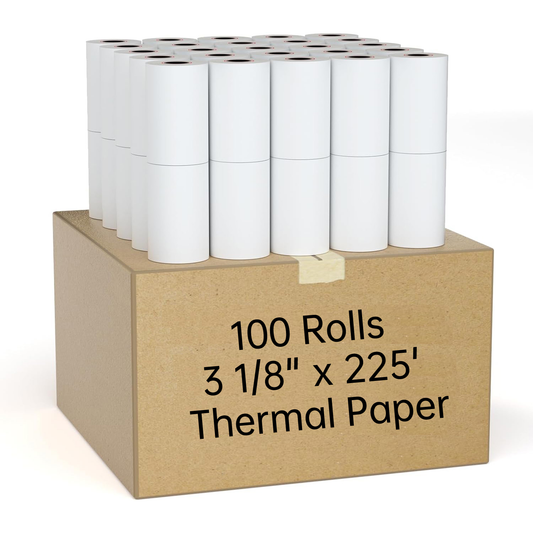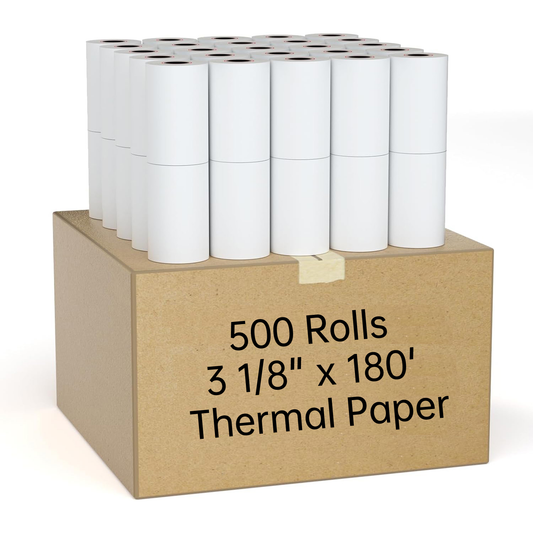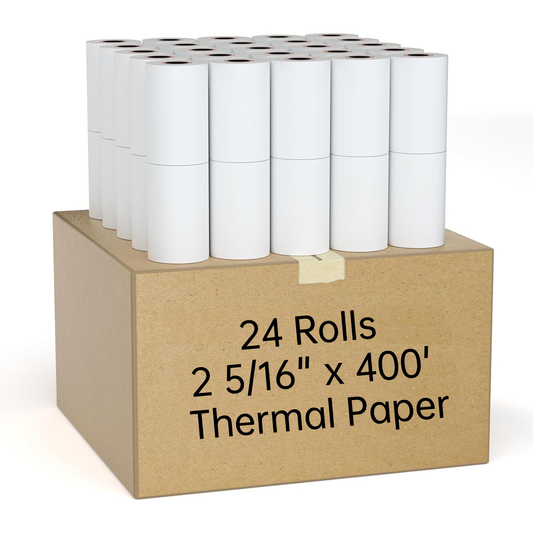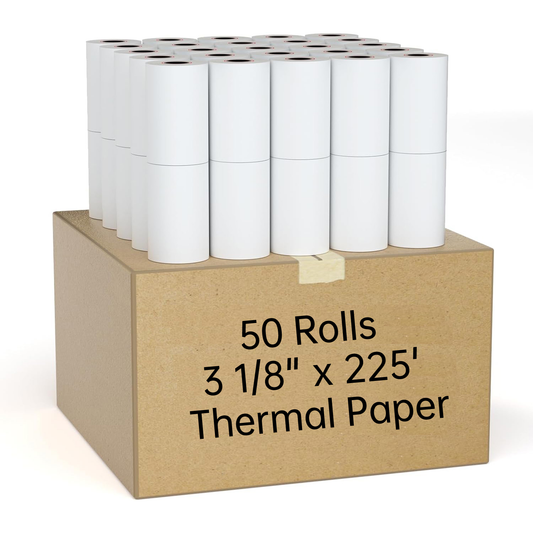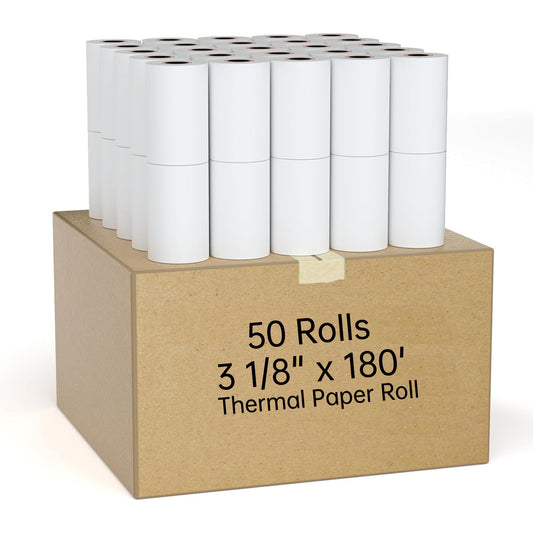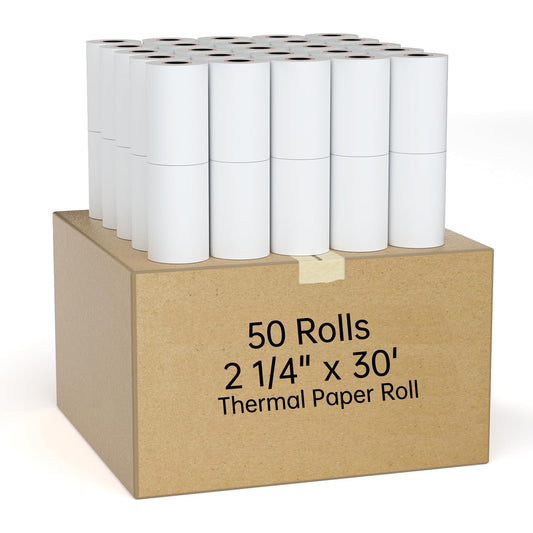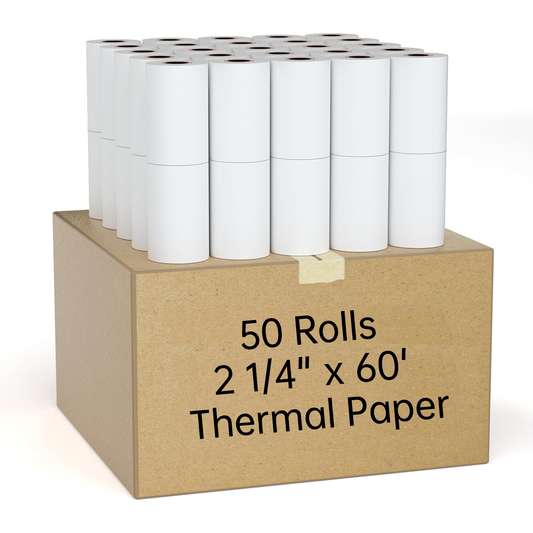Stargazing with binoculars can be a deeply rewarding experience, offering a closer view of the night sky's wonders without the need for a telescope. Whether you are a seasoned astronomer or just beginning to explore the stars, the right pair of binoculars can significantly enhance your experience. Here, we'll explore what makes binoculars suitable for stargazing, and how to choose the best pair for your astronomical adventures.
Understanding Binocular Specifications
When choosing binoculars, you'll often encounter two numbers, such as 7x35 or 20x80. These numbers represent the magnification power and the diameter of the objective lens in millimeters, respectively.
Magnification Power
The first number indicates the magnification power. For instance, 7x means objects will appear seven times closer than with the naked eye. While higher magnification can seem appealing, it’s not always better for stargazing. High magnification can make the image unstable if you're holding the binoculars by hand and can also reduce the brightness of the image.
Objective Lens Diameter
The second number is the diameter of the objective lens, which is crucial for astronomical viewing. A larger objective lens allows more light to enter, which is essential for viewing distant, dim celestial objects. For example, 35mm lenses collect less light compared to 80mm lenses, making the latter more suitable for deep-sky observations.
Key Factors for Choosing Stargazing Binoculars
Light-Gathering Ability
The primary purpose of binoculars for astronomy is to collect as many photons as possible from distant stars, planets, and galaxies. This makes the diameter of the objective lens more critical than magnification. Binoculars with larger objective lenses (e.g., 56mm, 80mm) will gather more light and provide brighter, clearer images of the night sky.
Magnification vs. Usability
While higher magnification can bring celestial objects closer, it can also introduce instability and require a tripod for steady viewing. Binoculars with a magnification of 7x to 10x are generally easier to handle and provide a good balance between magnification and stability.
Portability
Consider how you plan to use your binoculars. If you want a pair that you can easily carry and use without a tripod, something like 8x56 binoculars might be ideal. They offer good light-gathering capability while remaining relatively lightweight. However, for more serious stargazing sessions, larger binoculars like 11x80 or 20x80, which often require a tripod, can provide spectacular views of the deep sky.
Build Quality
The quality of the lenses and coatings also plays a significant role in the performance of binoculars. Look for binoculars with fully multi-coated lenses to ensure maximum light transmission and minimal reflection.
Recommended Binoculars for Stargazing
7x35 Binoculars
These are great for general use, including bird watching and casual stargazing. They are lightweight and easy to hold, but their smaller objective lenses may not gather enough light for detailed astronomical observations.
8x56 Binoculars
A good compromise between portability and performance, 8x56 binoculars are excellent for both terrestrial and astronomical viewing. They gather more light than 7x35 models and offer a wider field of view, making them ideal for scanning the night sky.
11x80 and 20x80 Binoculars
For dedicated stargazers, these larger binoculars provide breathtaking views of deep-sky objects. The 80mm objective lenses gather a substantial amount of light, revealing more detail in star clusters and nebulae. However, due to their size and weight, they require a tripod for steady viewing.
Conclusion
When it comes to binoculars for stargazing, bigger is often better, particularly in terms of the objective lens diameter. However, the best binoculars for you will depend on your specific needs and how you plan to use them. For a balance of portability and performance, 8x56 binoculars are a fantastic choice. For more immersive and detailed astronomical views, 11x80 or 20x80 binoculars, paired with a sturdy tripod, are highly recommended.
Investing in a good pair of binoculars can open up a whole new world of celestial wonders, making your stargazing experiences more enjoyable and fulfilling. So, look up, explore, and let the night sky reveal its secrets through your new lenses.


